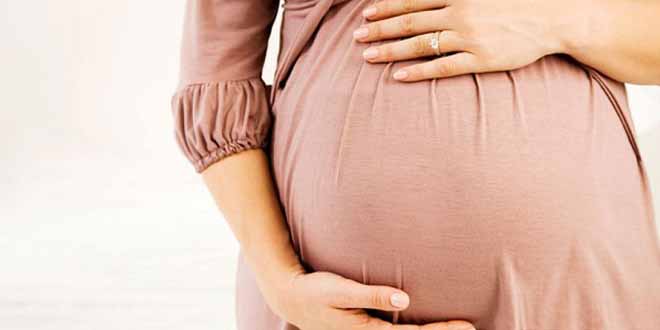
Health Symptoms During Pregnancy and Their Management
Health problems that occur during pregnancy involve both the mothers’ and the baby’s health. Pregnancy problems arise even in young and healthy women. Some important and very common pointers are easily missed. One of these is inadequate intake of folic acid in the first trimester of pregnancy which is the primary reason for spina bifida (birth defect) in newborns. The key is to consult a doctor as soon as a woman finds out about her pregnancy before it’s too late.
Take a look at some common problems and their management.
Cramping
Cramp is a sharp pain especially in the calf and leg muscles. It happens suddenly. They usually occur in the night time and can cause a lot of discomfort.
Management: Regular ankle and leg exercise may help avoid cramping.
Varicose Veins
When veins become swollen, they are called varicose veins. Usually the veins in the legs are the most common site.
Management: To avoid varicose veins, avoid standing for long periods and wear support tights.
Anemia
Anemia is a condition of lower than normal red blood cells. A pregnant woman may often feel fatigued, short of breath and appear pale.
Management: The best way to treat anemia is to treat its underlying cause. Anemia in pregnancy is usually related to iron deficiency. It can be promptly managed by taking iron and folic acid supplements. Folic acid is essential to prevent a condition known as spina bifida in the newborn.
Your doctor may check your iron levels throughout the pregnancy for prevention and early detection of anemia.
Iron Deficiency
Iron is needed to make hemoglobin, which is the main protein in red blood cells. Hemoglobin is used to transport oxygen to other cells. In essence, iron is essentially needed for the transport of oxygen, and during pregnancy, the iron requirement goes up. Iron deficiency is the main cause of anemia.
Management: If you often feel fatigued and pale, consult your gynecologist. He/she will order blood tests for iron deficiency. Most often, pregnant females cannot get the high iron intake from diet alone, so you might need to take supplements.
Depression
One of the problems encountered during pregnancy may also be extreme sadness accompanied with easy irritability and feeling of helplessness.
Management: To manage such negative emotions, it is best to opt for therapy, support groups or medicines (antidepressants). A combination of the mentioned treatment forms a great management strategy for fighting depression. It is essential to treat mother’s depression in order to not let it compromise the baby’s growth in any way.
High Blood Pressure
This problem usually initiates around 20 weeks of pregnancy. It requires instantaneous attention because high blood pressure of the mother can be harmful for the baby.
Management: Management is essential using the right medications prescribed from the doctor.
Extreme Nausea
Nausea in pregnancy is inevitable. However, sometimes pregnant women may experience more than just ‘morning sickness’. Symptoms like vomiting several times a day, weight loss, loss of appetite and dehydration may require special management.
Management: Usually dry, bland foods and fluids together prove beneficial. Drugs such as anti-emetics may be prescribed to help with the nausea.
Preterm Labor
The standard time for labor is 37 weeks. Labor before that is termed preterm labor.
There may be early contractions, back pain radiating to the abdomen, increased vaginal discharge and extensive pelvic cramping.
Management: Preterm labor can be managed with medicines. Often, bed rest may be advised. In some cases, preterm delivery may become mandatory.
Placental Abruption
The placenta is the cord which holds the mother and the fetus to each other. Sometimes, the placenta may detach in which case the baby doesn’t get enough oxygen. It presents as increased discomfort in the abdomen as pain, tenderness in the uterine lining and vaginal bleeding. This must receive immediate medical attention.
Management: In case of minimum separation, bed rest usually stops the bleeding. In severe cases, early deliver may be the only option.
Ectopic Pregnancy
This occurs when the fertilized egg implants at a site other than the uterus. It is usually in the fallopian tube which eventually ruptures and the woman may experience increased abdominal pain and vaginal bleeding.
Management: the only way to deal with this is through mediation or surgery in order to remove the ectopic tissue to prevent damage to other organs.

